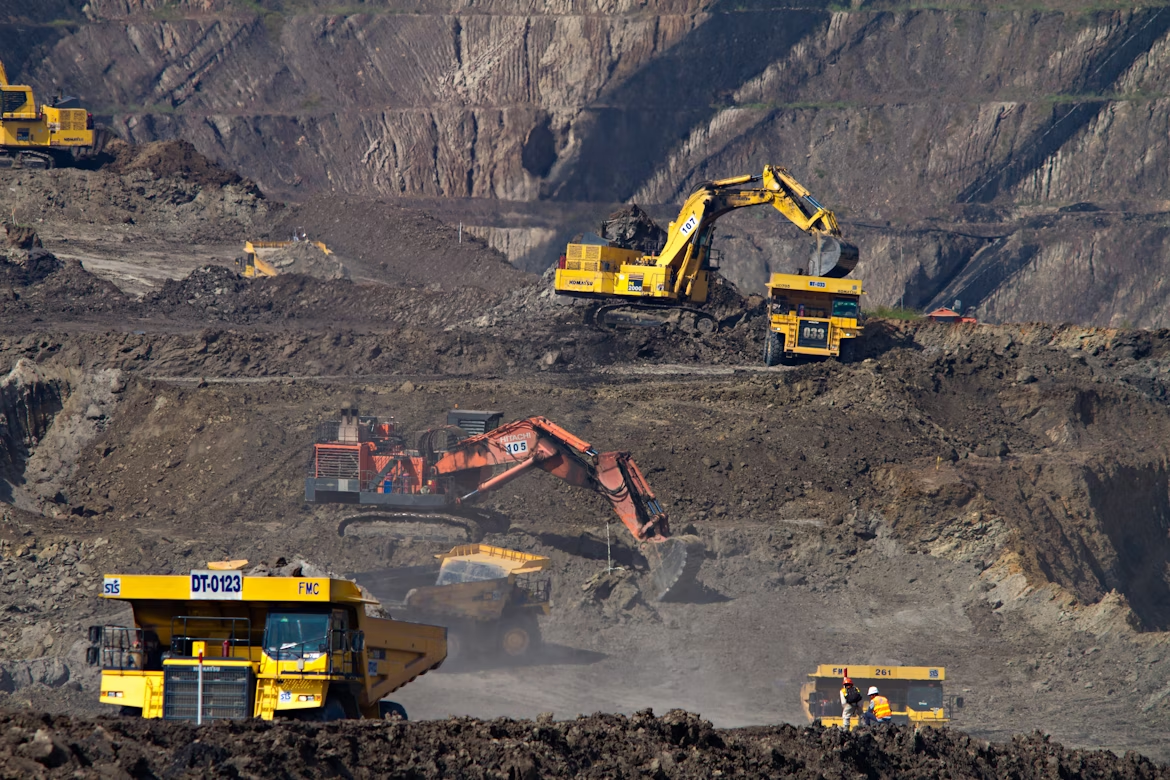On 2 October 2023, the US Federal Communications Commission (the “FCC”) – which regulates US satellites and spectrum – fined a private space company, Dish Operating L.L.C. (“DISH”), USD 150,000 for the company’s failure to remove a satellite from congested space orbit as promised. This fine is part of a settlement, under which DISH also admitted liability and agreed to implement a compliance plan.
This is the first public report of such a fine known to the authors. In future, there are likely to be many more such space debris enforcement actions due to the exponential growth of the private satellite industry and the rapid increase in space debris. As a result, space operators and States will increasingly have to deal with the complex technical, international regulatory and legal issues arising out of the impact of space debris. The circumstances surrounding DISH’s conduct and penalties provide guidance globally to regulators and satellite operators alike when dealing with compliance with space debris mitigation requirements.
Furthermore, the fine and its imposition emphasise the need for clearer regulation and guidance to space operators, including in respect of liability and dispute resolution in space.
Background
DISH launched its EchoStar-7 satellite in 2002. In 2012, the FCC approved DISH’s orbital debris mitigation plan. That plan agreed that, at the end of its mission, DISH would bring the satellite to an altitude of 300 km above its operational geostationary arc. However, in 2022, reportedly due to a lack of fuel, DISH retired the satellite at a disposal orbit only 122 km above the geostationary arc, 178 km below the agreed disposal orbit.
The Enforcement Bureau of the FCC investigated the incident. It found that DISH had violated the US Communications Act, the FCC rules and the terms of the company’s license. This investigation was subsequently terminated by a settlement between the Enforcement Bureau and DISH in the form of a Consent Decree. As part of this settlement, DISH admitted liability, agreed to the implementation of a compliance plan and accepted a civil penalty of USD 150,000. On 2 October 2023, this settlement became final by an order of the FCC adopting the Consent Decree.
Space debris
This incident with DISH’s EchoStar-7 satellite is a potential precursor to more cases. The increasing demand for satellites and space activities has contributed to an exponential growth in the amount of space debris orbiting the planet. By the European Space Agency’s latest calculations from September 2023, there are more than one hundred thirty-one million space debris objects in orbit. By one estimate, collision risks will increase by 5,000 per cent in the next five years. Another significant and rising cause of space debris is anti-satellite missile tests.
This vast amount of space debris risks significant damage events, in space and on earth. Large debris can also drift and block radiofrequency communications of active satellites. As also noted by the FCC in the context of the DISH incident: “[o]rbital debris in space jeopardizes the nation’s terrestrial and space-based communication systems by increasing the risk of damage to satellite communications systems.” Space debris can cause serious destruction to other satellites and the environment. As reportedly observed by the head of the European Space Agency, Mr Holger Krag: “[t]he energy contained in a one-centimetre particle hitting a satellite at that velocity roughly corresponds to an exploding grenade […] The consequences of such a hit mean satellite failure, for larger objects, even satellite destruction and fragment generation, which, again, then has environmental consequences”
Dispute settlement and the way forward
Space debris and the resulting risk of damage come with implications for space exploration in several fields, involving sustainability, liability, regulation and insurance concerns. International space law is an important factor in this respect. Indeed, Volterra Fietta partners, Mr Robert Volterra and Mr Gunjan Sharma, have previously published an article in the London-based international newspaper The Times concerning the consequences of the current international regime for space liability on satellite owners.
State liability for space debris damage on earth and in space is governed by the 1972 Convention on the International Liability for Damage Caused by Space Objects (the “Liability Convention”). The Convention, however, does not provide for binding dispute resolution. It offers relief through diplomatic channels or, should these fail, a claims commission.
The Liability Convention also does not provide for the liability of private space actors nor does it allow such actors to obtain redress for space debris damage. Any such claim may need to be pursued before national courts or tribunals which raises a complex set of questions on jurisdiction and applicable law. In view of these legal issues and the evidentiary as well as technical complexities, international arbitration could be the dispute resolution forum best suited for space debris disputes.
Volterra Fietta is the most active international law firm in this complex and evolving field of public international law. The firm is hearing increasing references (behind closed doors) by governments and private space companies alike for an imperative to formalise international dispute resolution mechanisms in this burgeoning area of activity.
For further information, please contact Gunjan Sharma (Gunjan.Sharma@volterrafietta.com or Robert Volterra (Robert.Volterra@volterrafietta.com. Volterra Fietta offers seminars and bespoke training on space law issues such as space debris (see here, here, here, here, here and here). Please contact info@volterrafietta.com if you are interested in attending such events.



